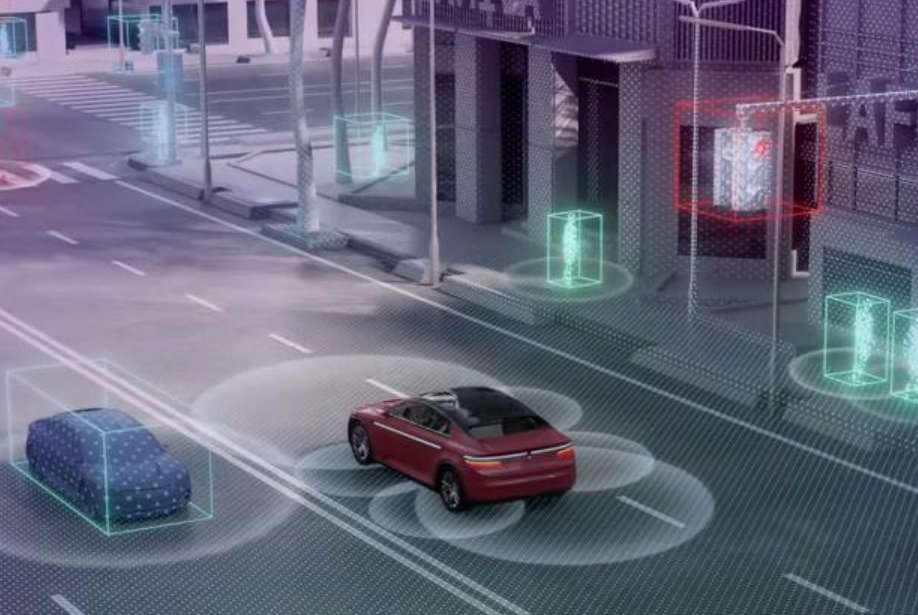Volkswagen's Bumpy Transition to Electrification
Advertisements
On November 12, local time, Volkswagen announced an additional investment of $800 million in its planned collaboration with American electric vehicle company Rivian, bringing the total investment to an impressive $5.8 billion. This decision marks a significant moment for Volkswagen, one of the largest automobile manufacturers globally, as it seeks to solidify its position in the competitive landscape of electric vehicles.
Historically, Volkswagen led the charge in the traditional internal combustion engine market. However, as the world shifts towards sustainable energy solutions, the company has faced challenges in transforming its business operations. Despite having launched several electric vehicle models, the market response has been lukewarm. According to the company’s financial report, global sales figures for Volkswagen Group saw a substantial decline of 7.1% in the third quarter of this year compared to the previous year. Specifically, the sales of Battery Electric Vehicles (BEVs) fell by 9.8% during the same period.
This decline in sales is indicative of Volkswagen's struggles during its transition to electric vehicles. Various factors have contributed to this challenging landscape, including a downturn in the German manufacturing sector, weak overseas demand, and increasing competition in the European market. In response to these pressures, Volkswagen has implemented a series of cost-cutting measures, which include layoffs, salary reductions, and factory closures. Additionally, the company announced the termination of a longstanding employment protection agreement, which has been in place for 30 years. This agreement had previously ensured that employees would not face layoffs until the end of 2029, but its termination means that job cuts could begin as early as mid-2025.

Volkswagen is not alone in its struggles; other German automotive manufacturers are experiencing similar predicaments. BMW has followed suit, temporarily shuttering its largest production facility located in Dingolfing. Meanwhile, Mercedes-Benz recently announced it would delay its goal of achieving a 50% share of electric vehicle sales, pushing the target back from 2025 to 2030. Similarly, Porsche has ditched its ambitious target of electric vehicles constituting 80% of new car sales by 2030.
The hurdles faced by Volkswagen in its electric transition can be attributed to several macroeconomic factors. The sluggish recovery of the economy in Europe, coupled with uncertainty in the policy environment, has significantly influenced strategic planning among European automakers. The cost of transforming traditional manufacturers into electric vehicle producers is also exorbitant, especially given the high production costs of batteries in Europe. This financial burden makes it difficult for car manufacturers to achieve profitability in the short term and diminishes their momentum for transformation. Furthermore, the slow establishment of infrastructure, such as charging stations, alongside the German government’s decision to eliminate electric vehicle subsidies last December, has led to increased consumer hesitance and lack of purchasing intent, resulting in continuously declining sales figures for electric vehicles.